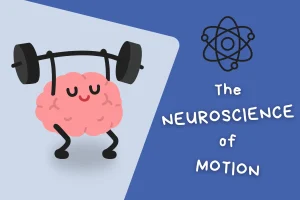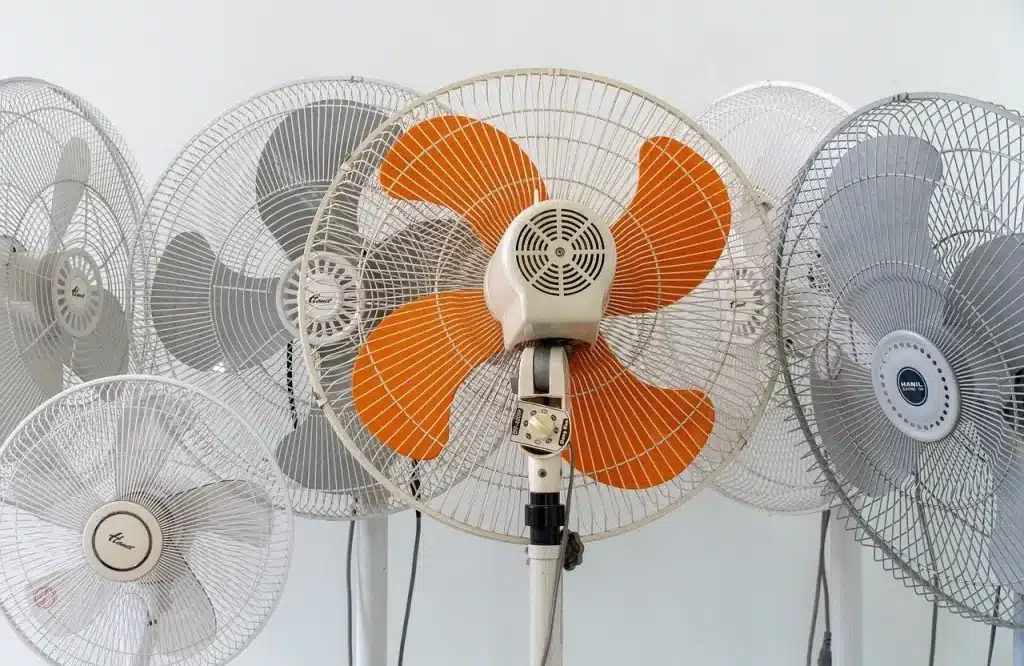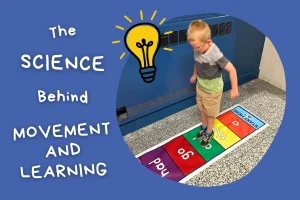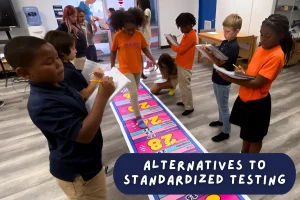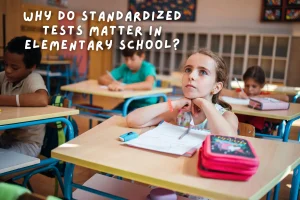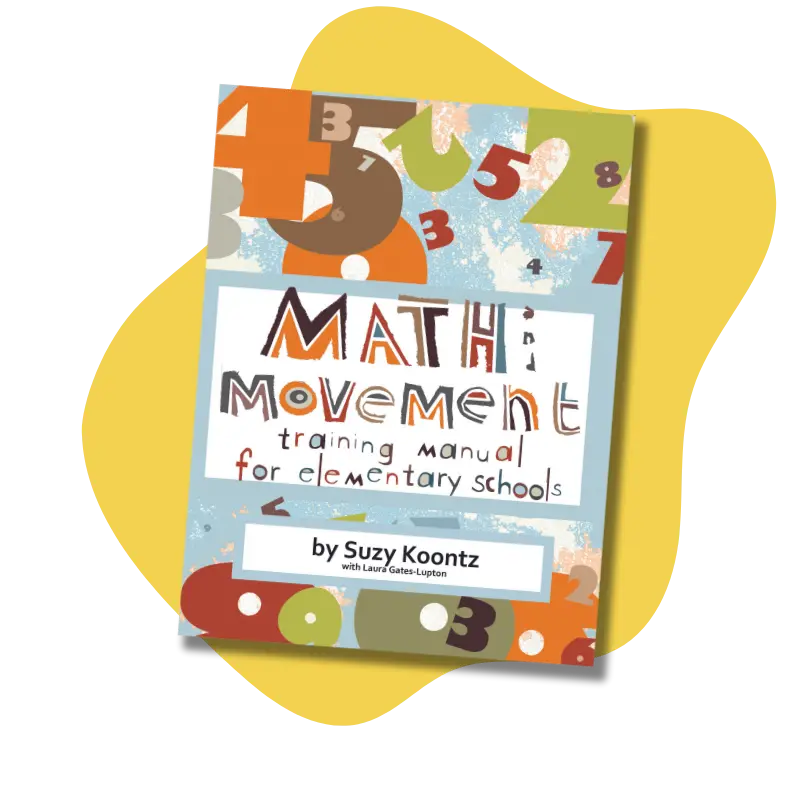Aubrey, Allison. “Yes, Heat Can Affect Your Brain and Mood. Here’s Why.” NPR, 31 July 2023, www.npr.org/sections/health-shots/2023/07/31/1190627995/heat-wave-brain-mood-anxiety.
Healy, Jack. “Phoenix’s Month in Hell: A 31-Day Streak of Record Heat Ends.” The New York Times, 31 July 2023, www.nytimes.com/2023/07/31/us/phoenix-heat-july.html.
Huetteman, Emmarie. “Heat Waves Affect Children More Severely.” Scientific American, 5 Aug. 2022, www.scientificamerican.com/article/heat-waves-affect-children-more-severely/.
LaMotte, Sandee. “What to Know When Your Child Starts School during a Deadly Heat Wave.” CNN, 3 Aug. 2023, www.cnn.com/2023/08/03/health/children-school-heat-wave-wellness/index.html.
Marshall, Miri. “Too Hot To Learn: How Climate Change Could Impact Children’s Education.” Wusa9.Com, 21 May 2023, www.wusa9.com/article/weather/hot-classrooms-heat-schools-students-climate-change-learning/65-d80284b3-f0b9-4673-b224-b4843ea4ee6a.
Smilk, Carin M. “Arizona Schools Adjust to Sweltering Heat as Kids Start New Academic Year.” JNS, 27 July 2023, www.jns.org/us-news/jewish-education/23/7/27/306108/.
Will, Madeline. “The School Year Is Getting Hotter. How Does Heat Affect Student Learning and Well-Being?” Education Week, 11 Oct. 2022, www.edweek.org/leadership/the-school-year-is-getting-hotter-how-does-heat-affect-student-learning-and-well-being/2022/09.
“2021 State of Our Schools Report: America’s PK-12 Public School Facilities.” WELL, International WELL Building Institute, 8 Sept. 2021, resources.wellcertified.com/tools/2021-state-of-our-schools-report/.
